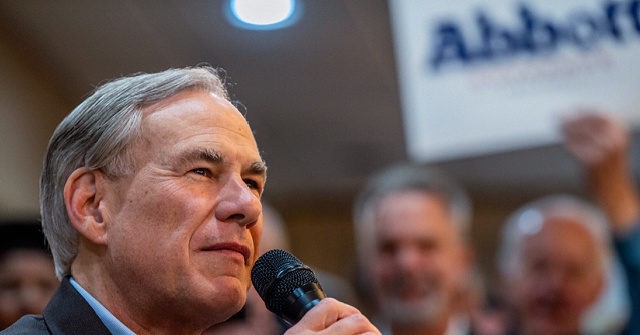
Texas Beats Silicon Valley: Federal Court Upholds Law Banning Social Media Censorship
A federal appeals court has upheld a Texas law allowing users to sue social media platforms in the event of wrongful account suspension, in a win for defenders of free speech online.
A federal appeals court has upheld a Texas law allowing users to sue social media platforms in the event of wrongful account suspension, in a win for defenders of free speech online.
The decision by the U.S. Court of Appeals for the Fifth Circuit means the Texas bill, which was signed into law by Gov. Greg Abbott last year, is likely to end up before the Supreme Court, which will provide a final determination on whether social media companies have a right to censor their users.
For now, that “right” of censorship has been firmly rejected by the Fifth Circuit.
“Today we reject the idea that corporations have a freewheeling First Amendment right to censor what people say,” wrote U.S. Circuit Court Judge Andrew Oldham.
Representatives of the tech giants argue that forcing them to carry certain types of speech is itself a First Amendment violation. If this argument is valid, it means the First Amendment, oddly enough, provides corporations an unlimited right to censor.
This in turn makes it possible for the government the ability to censor citizens by proxy, demanding platforms suppress certain viewpoints, as the Biden Administration did at height of the coronavirus pandemic.
“The platforms are not newspapers. Their censorship is not speech,” wrote Oldham, rejecting the platforms’ argument that they have a First Amendment right to censor.
“The implications of the platforms’ argument are staggering. On the platforms’ view, email providers, mobile phone companies, and banks could cancel the accounts of anyone who sends an email, makes a phone call, or spends money in support of a disfavored political party, candidate, or business,” continued Oldham.
If the Texas law is upheld by the Supreme Court, it will give citizens of that state — and others, which are likely to follow suit — the right to sue social media companies for the restoration of their accounts. The Texas attorney general will also be empowered to sue social media companies on users’ behalf.

